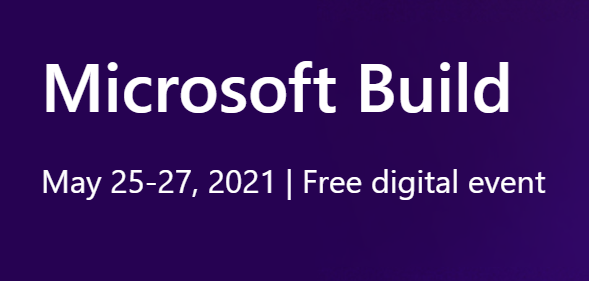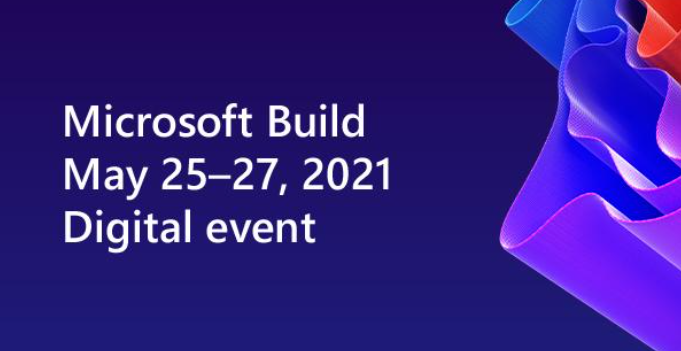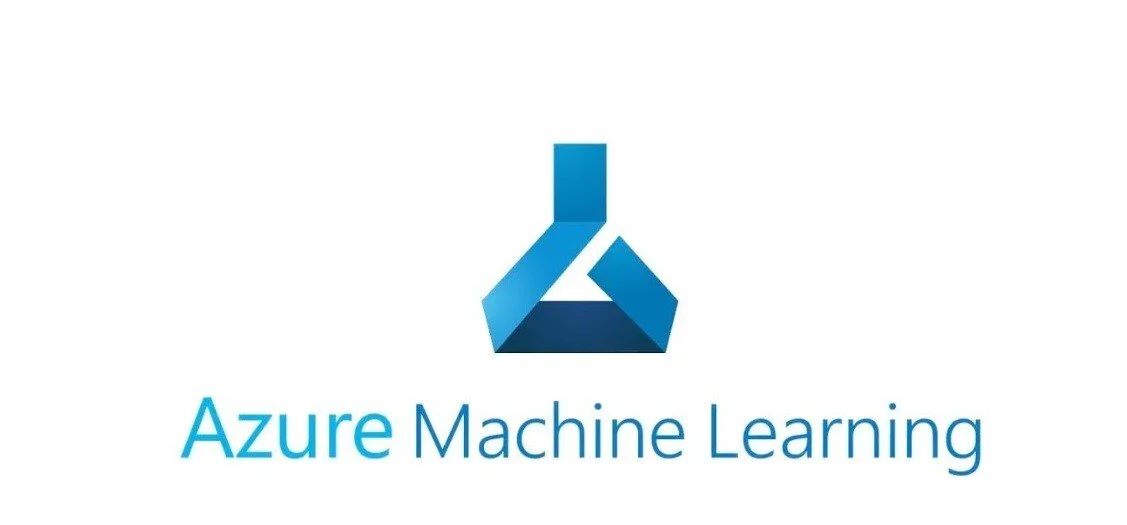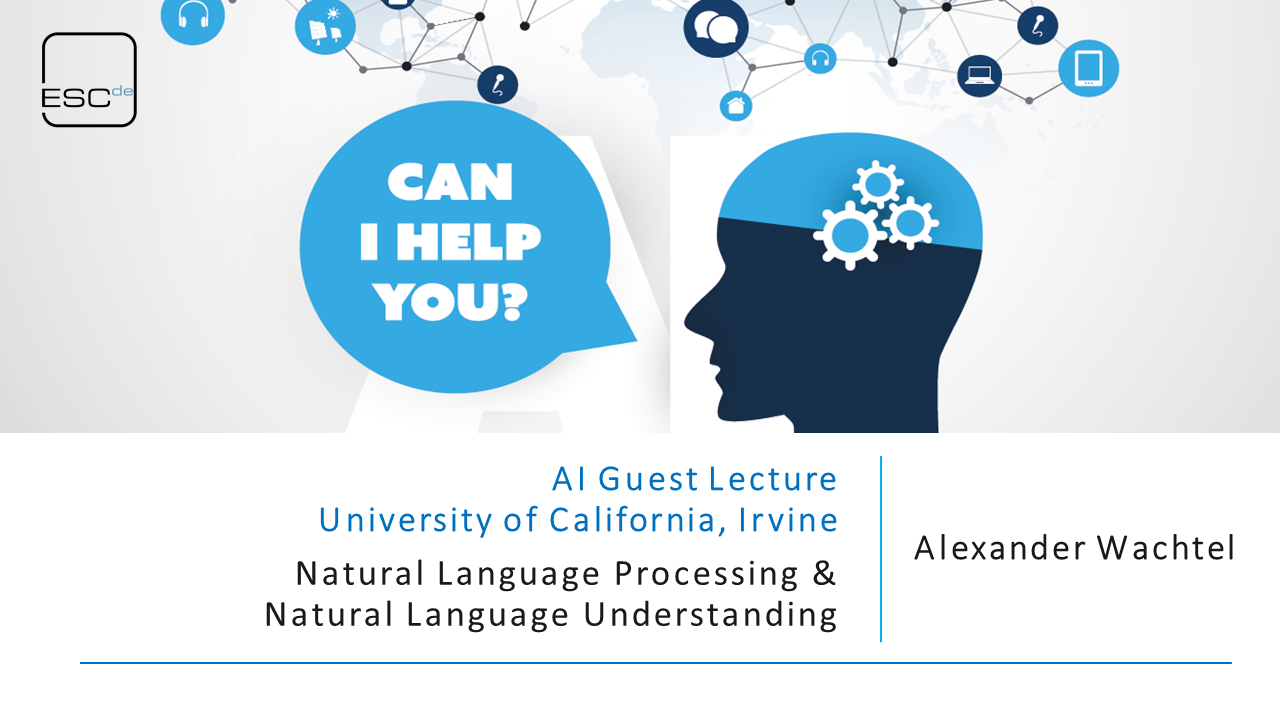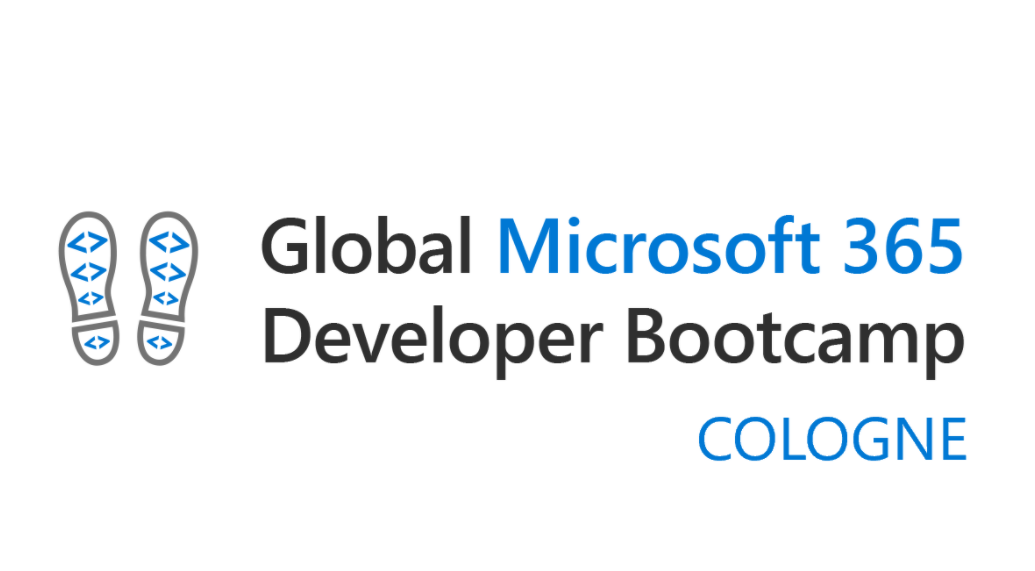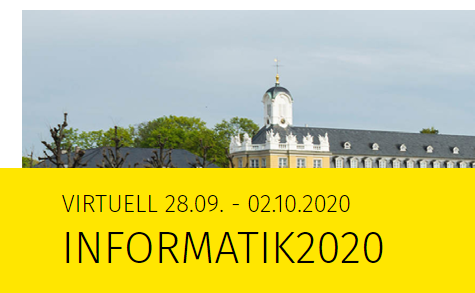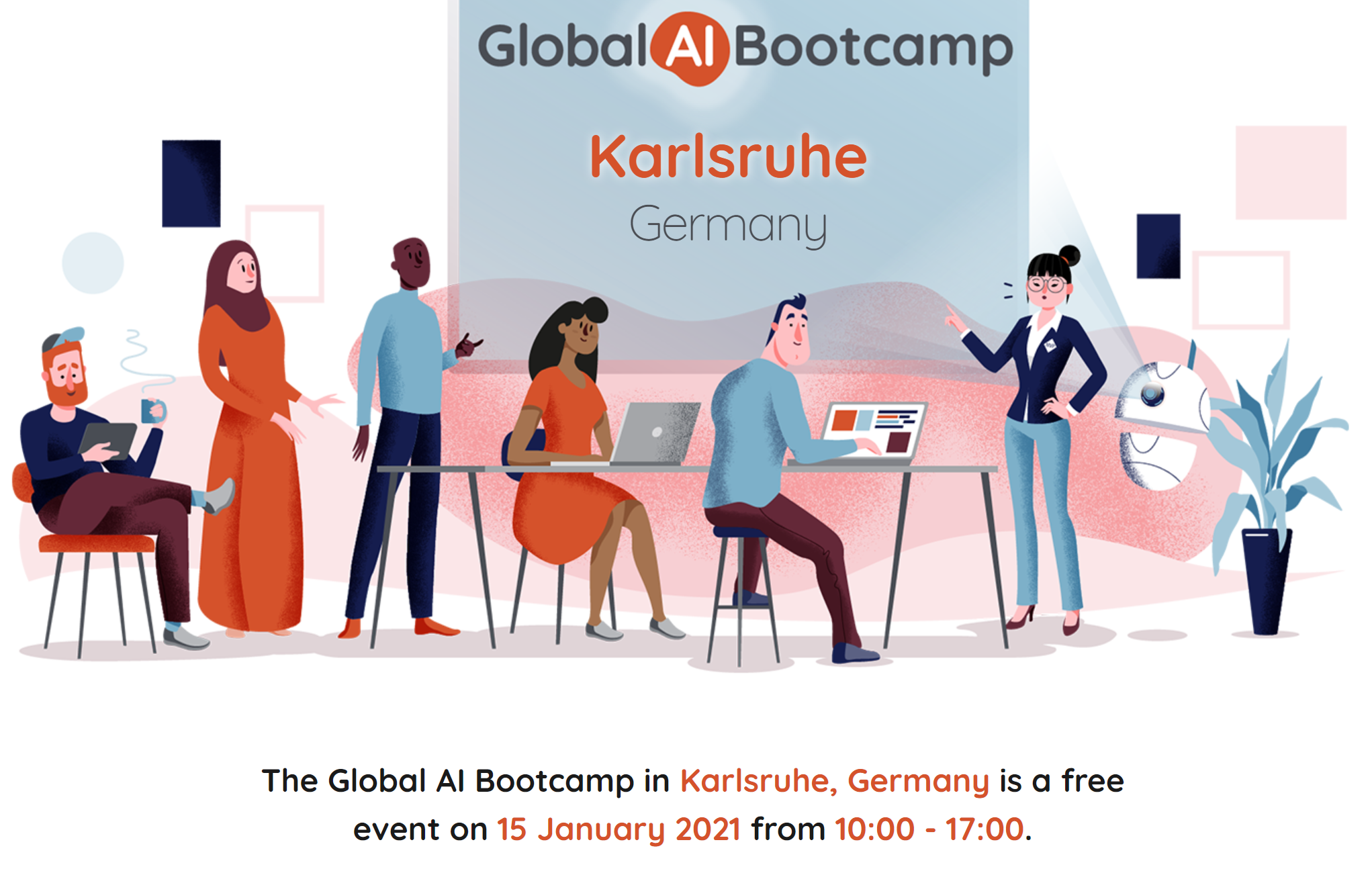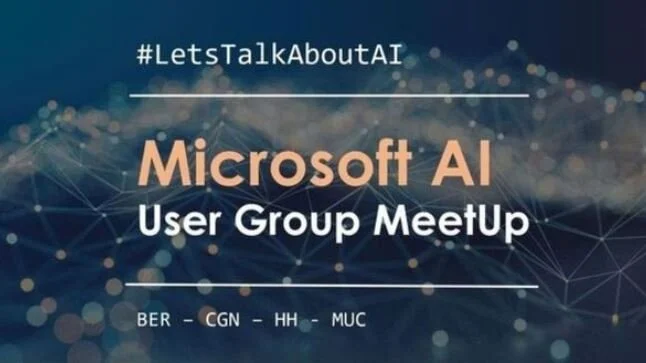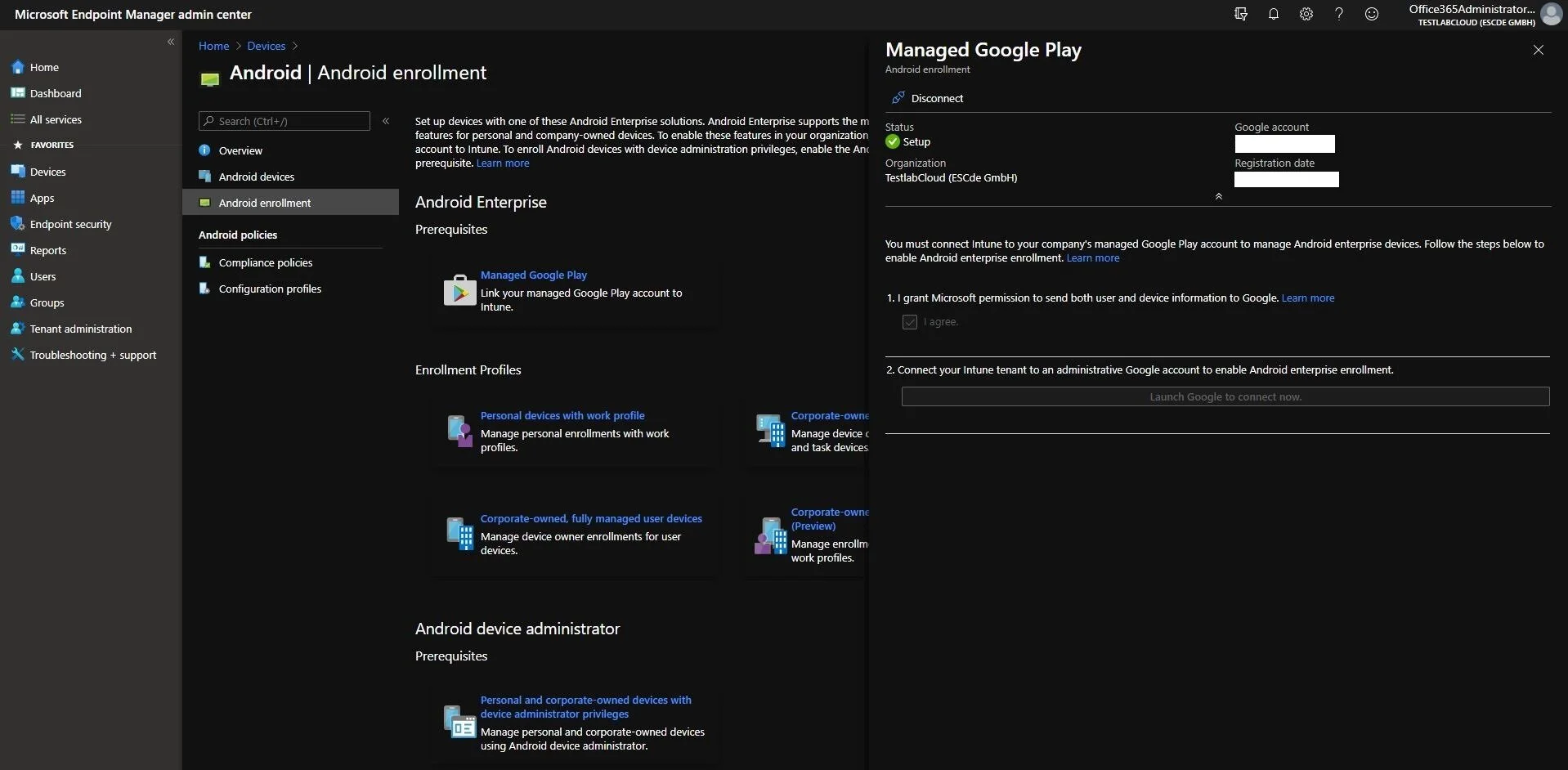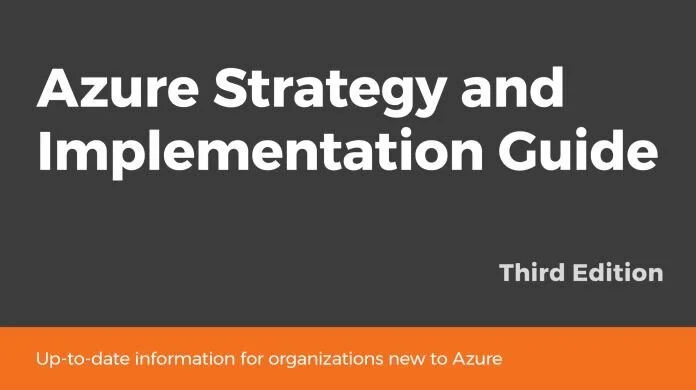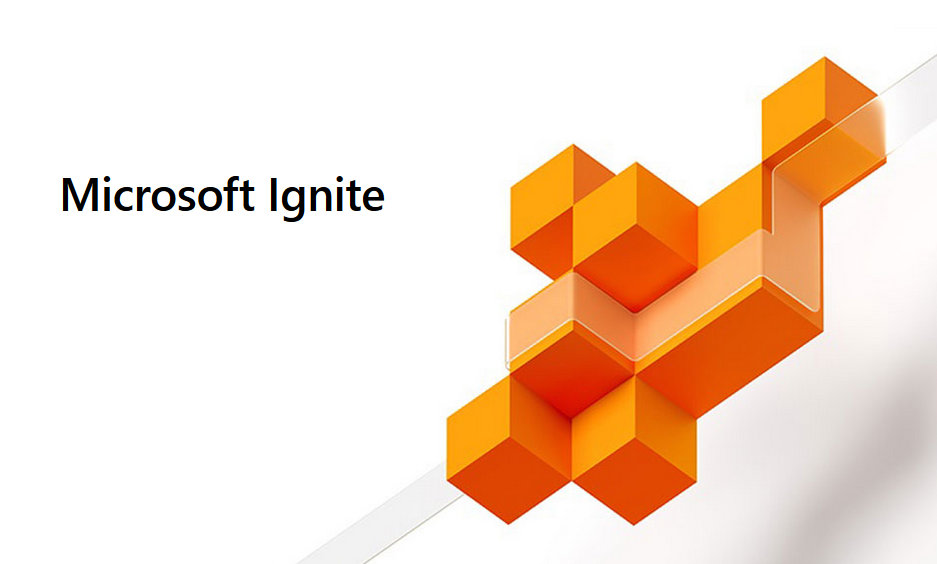The 7th International Symposium on End-User Development (IS-EUD 2019) is taking place from 10-12th July 2019 at the College Lane Campus, University of Hertfordshire, UK.
Software developers cannot easily anticipate idiosyncratic needs of end-users that are not always known at the time software is designed and developed, but rather emerge during use of systems and services, as this use is embedded in practice in a specific context. End-user development is a field that aims to empower end-users who are not necessarily experts in software development, to create their own software to address their specific needs. End-user development is an interdisciplinary field that traditionally relates to areas such as psychology of programming, empirical studies in software engineering, human computer interaction. Technological trends like ubiquitous computing, tangible and embodied interaction, and the internet of things, have renewed the interest in end-user development for diverse audiences looking into industrial design, online communities, open innovation and crowd sourcing.
IS-EUD is a bi-annual event, that gathers researchers interested to extend our knowledge about how to design end-user development technologies and to provide scientific accounts of phenomena surrounding end-user development practices. IS-EUD cuts across application areas such as ubiquitous and wearable computing, online communities, domotics, robotics, games, etc.
IS-EUD 2019 focuses on applications of EUD in Smart Environments. Indeed, end-users are called on to become end-user developers of systems that encompass a variety of software and hardware components, such as smart homes, smartphones, smartwatches, interactive displays, as well as any other interactive device available in an Internet of Things setting. One of the main application of such systems is Smart Environments that become modular systems in which humans are embedded. Also, Cloud Computing and Artificial Intelligence (AI), are enabling smart environments and promise to make them increasingly common in many parts of our lives: smart homes, transports, healthcare, smart factories and consumer products are only a few of the most talked about outcomes. In this symposium, we propose to discuss progress in research around end-user development through, or towards, methods, socio-technical environments, intelligent agents, as well as the most effective end-user programming paradigms for smart environments.
Natural Language Data Queries on Multiple Heterogenous Data Sources
Abstract:
Motivated by a real-world scenario, we enable end users to query data due natural language from different sources like spreadsheets and databases. We provide a natural language user interface (NLUI) solution on how real-world entities and relations between them can be interpreted as a model to allow end user questions on the data. Therefore, the system enables end users to give instructions step-by-step, to avoid the complexity in full descriptions and give directly feedback of success. An evaluation is conducted with human users who had to perform a series of tasks using natural language. Overall, 13 end user took part in our survey with ten questions. 94.9% of all answers in the first part could be resolved on spreadsheet data, and 62,5% on SQL database.


